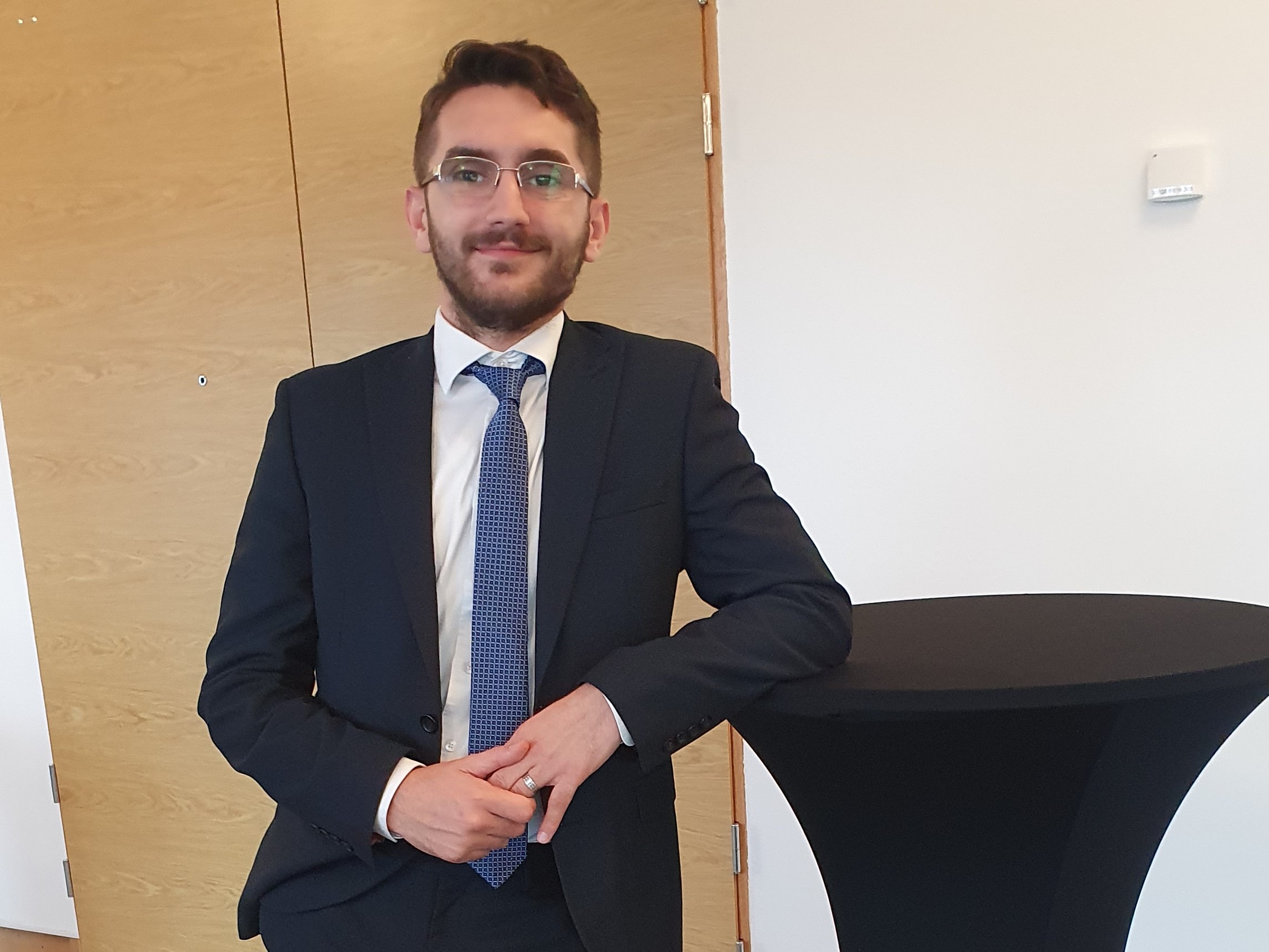Immigration and emigration are sensitive topics to those who come to a new country and to those who accept the individuals. Those coming to a new country usually face struggle with integration and inclusion, especially when it comes to education and employment. The main barrier is often the language.
My Finnish beginnings
When I moved from Kosovo to Finland in July 2012, I started high school in Eira High School for Adults in Helsinki after less than a month. I, of course, started in an English-speaking program. Back then, I was completely new to my new home country and I was getting culture shocks almost every day, not only by Finland and the Finnish culture but by the international community within the program as well.
I started learning basic Finnish immediately. However, after some time I noticed that my Finnish language progress was hindered by me speaking English all the time. I would switch to English completely when I did not remember a word in Finnish. When I started speaking Finnish with my friends who had the nerves to talk to me and correct me, it encouraged me to start switching from English speaking courses to Finnish ones. I started with Math where the need for complex vocabulary is not as relevant as in other subjects. Being in an international community in high school, I could hear every Finnish accent there is, which in hindsight benefited me massively as now I can easily understand different Finnish accents. Outside of school I started using Finnish in supermarkets and restaurants.
When it came to the matriculation exams in Finnish language, I chose Finnish, Math, English and History. I barely passed them all, but did nonetheless. Even though my writing and spoken Finnish skills were not the best, I challenged myself, and I triumphed.
Towards using the language at work
My professional life in Finland has mostly consisted of working in Finnish speaking environments. When at the age of 18 I started a summer job working as a cleaner, I spoke only broken Finnish. By the next year I already saw an improvement in my spoken language skills. My Finnish was basic at the time but still it allowed me to access the coffee room discussions and gave me the necessary motivation one needs to continue learning.
During my period when I worked as a security guard, I could no longer work with only broken Finnish, because the job required clear communication with people. For example, I could not use Google Translate in the spot, like I had when I worked as a cleaner. After the job as a security guard, I worked mainly in English for a while, gaining experience in Marketing and Content Creation.
During my work placement in autumn 2020 at SIMHE services in Metropolia University of Applied Sciences, my professional Finnish has gone to another level. From the begining my focus was set into developing my Finnish in an office environment, also applying a model developed in SIMHE to support my language learning in a goal-oriented manner. This has boosted my confidence to use Finnish at work and improved my professional proficiency.
Diverse workplace: not just the language, but also new perspectives and innovation
Although employment might feel quite difficult for internationals in Finland, there is always hope and positive stories. I understand many of us search for jobs only in English, which are quite scarce, even though the number has been growing throughout the years. However, I would encourage everyone try and challenge yourself with Finnish. I have been through the process myself and I understand it is not easy and it gets tiring from time to time. It’s good to keep in mind that we are trying to be professionals in a different country, which takes a lot of adapting and perseverance.
At the end of the day, it is not all black clouds, because the international community is growing bigger and bigger in Finland, bringing a diverse set of skills to work communities. It’s good to understand that we as internationals not only represent our backgrounds and our culture, but we are skilled individuals as well, who bring innovation and other points of view to the table. Language is a barrier to be overcome, for sure – what we can do as foreigners is to try our best to adapt to the working culture and requirements in Finland. It takes courage to use Finnish as a beginner, but as long as you try, it shows professional motivation and opens a path to learning more.
Ahmet Binaku is an intern at SIMHE Services and 4th year student in European Business Administration in Metropolia University of Applied Sciences (at the time of the writing)












3 Comments
Thank you for this thorough and very encouraging post!
Thank you for your honesty, you are an inspiration
Loved reading about your journey, you’re a great example for others!! Keep it up!